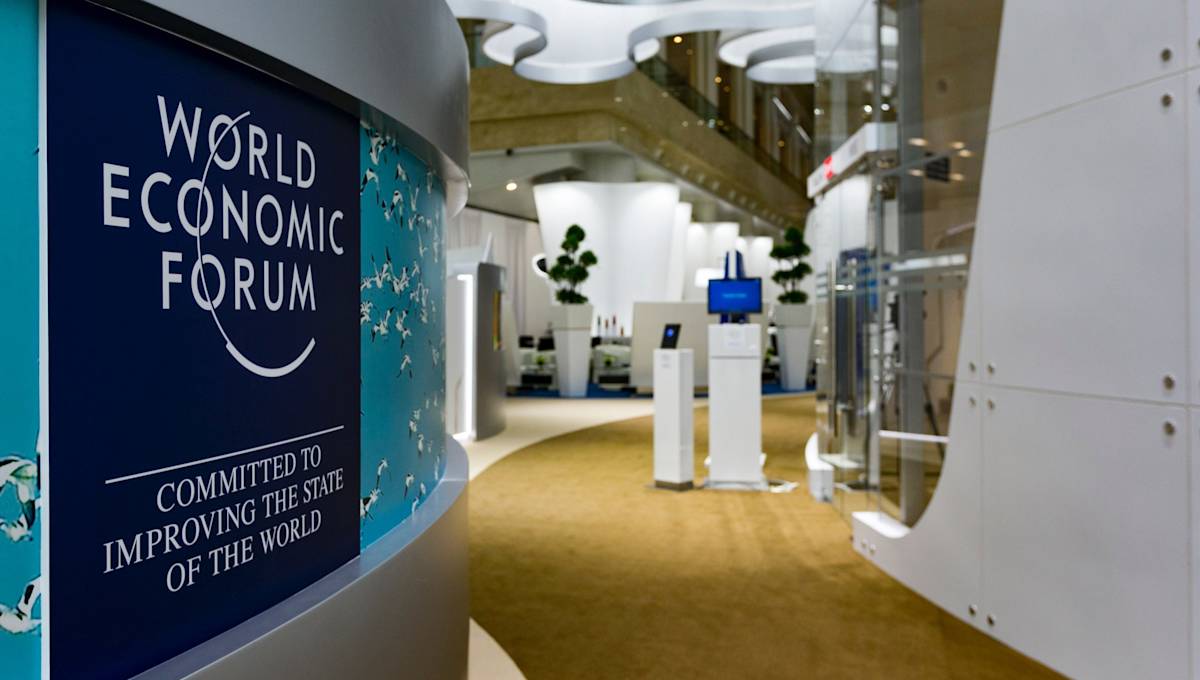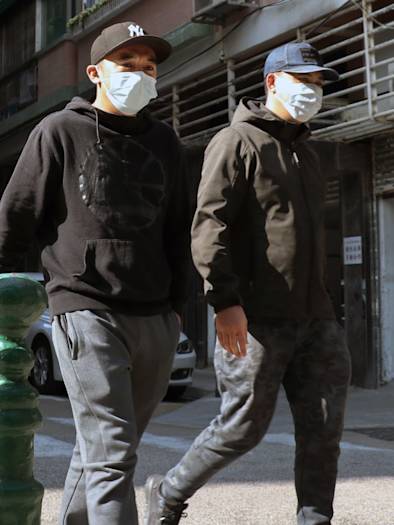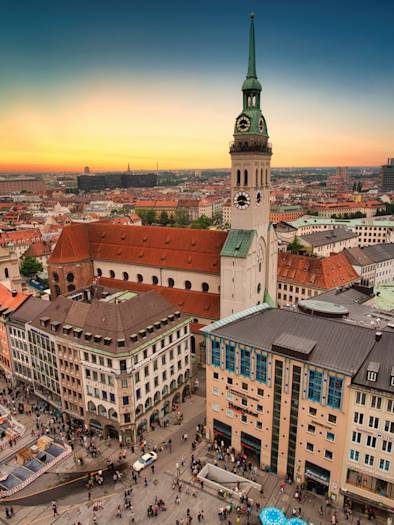
Four Key Takeaways From the 53rd World Economic Forum in Davos
The 53rd edition of the World Economic Forum in Davos brought to the forefront discussions around globalization, “richcession,” the timid post-COVID optimism, and the passing of leadership to a new generation.
Faltering Globalization
The process of economic integration, which has been a driving force behind globalization, appears to have reached a point of exhaustion, due to both cyclical factors such as recent economic crises, and structural factors such as China’s shift towards a more domestic-focused growth model. The COVID-19 pandemic and the war in Ukraine have further disrupted global supply chains and highlighted dependence on critical goods and services.
As a result, companies are willing to sacrifice efficiency in favor of greater resilience to disruptions, while governments are implementing policies forcing companies to stay in their home countries and sever ties with certain nations. This is evident in President Joe Biden’s recent hardening of industrial policies and his proposed $400 billion plan for investment in green energy and industrial relocation. According to The Economist, many developed countries, and some developing countries including India and Indonesia, will be adopting similar laws. If the G7 were to implement the same measures, it would cost nearly 2% of the world’s GDP.
This trend towards disunity and protectionism causes concern as it will reduce efficiency and increase costs globally. Competition from open trade spurs increased productivity in companies, the spread of knowledge, and benefits for consumers. Therefore, it is crucial for governments to adopt a pragmatic approach, and agree on “safeguards” to prevent unilateral actions from causing undue harm to others, particularly the most vulnerable. Additionally, governments should focus on policies that promote social welfare, education, and labor mobility, to make trade fairer and align with environmental and digital transitions.
Richcession: What We See Out of COVID
Since 2020, the richest 1% have captured 63% of the wealth produced, almost twice as much as the rest of the world’s population and the equivalent of “$2.7 billion a day.” This is among the findings of the new Oxfam report on global inequality, published on the sidelines of the World Economic Forum. In short, for the first time in decades, progress made in reducing extreme poverty has been halted, and global inequality has increased.
Among the measures proposed in this report, are an exceptional tax on wealth, a tax on dividends, and an increase in taxation on the income from work and capital of the richest 1%. This idea is supported by more than 200 millionaires who have signed an open letter asking to pay more taxes “for our common good”. The American economist Joseph Stiglitz, Nobel Prize winner, proposes a special global tax rate of 70% on the highest incomes and a wealth tax of 2 to 3%.
To summarize, the rich have become wealthier because of the COVID crisis, further increasing inequalities that cause people to reject globalization, creating a fertile ground for social unrest.
The PwC Report, is the Tide Turning?
Published during the WEF, PwC’s Annual Global CEO Survey found that 4 out of 10 CEOs believe their organization will no longer be economically viable in ten years’ time if it continues its current course. This highlights the importance for CEOs to focus on business reinvention in a race for the future, to stay competitive and ensure long-term success.
Underlying these figures (from 4,400 CEOs surveyed globally) is the consciousness among today’s leaders that we are living through extraordinary times, extraordinary uncertainty and disruption, and coping with five broad megatrends—climate change, technological disruption, demographic shifts, a fracturing world, and social instability—reshaping our collective environment.
The impact of today’s tensions means more focus on preparing for the unexpected. The starting point for enterprise transformation is often a reimagination of a company’s place in the world—looking beyond the current portfolio of businesses and products to determine the value an organization brings to society and the economy, at both a local and global level.
Leaders Passing the Baton to a New Generation
As participants at the WEF gathered to discuss climate change, many of them committed to taking bolder action on the issue, while several spoke ardently in support of addressing the topic.
One of the most notable examples was UN Secretary-General, Antonio Guterres, who denounced “the great lie of the oil industry.” He stated, “the collapse of the ecosystem is an undeniable scientific fact.”
Former Vice President of the United States Al Gore, Nobel Peace Prize winner for his work on climate change, echoed similar sentiments, stating that “we are not winning the battle” against climate change and that there is a “network of political influence and wealth used to stop progress.” He also warned of the risk that climate change could ultimately end mankind’s ability for ‘self-governance.’
The opinions expressed by both Guterres and Gore in Davos sparked a heated debate and highlighted the ongoing struggle to find solutions to the issue of climate change, beyond science, at political and economic levels.
The end of Davos coincided with the resignation of Prime Minister Ardern in New Zealand, a rare moment in politics, and a move that was celebrated for its boldness. Many also saw the resignation as a brilliant show of leadership during tumultuous times.
In her typical style, Jacinda Arden remained true to her authentic nature, and modern in her resignation. Her grace and humanity remained palpable, even in her last words as Prime Minister.
Jacinda Arden also signaled, like Al Gore, that she was passing the baton to a new generation that should be ready to follow in her footsteps.
Time will tell if these calls will be heard.






